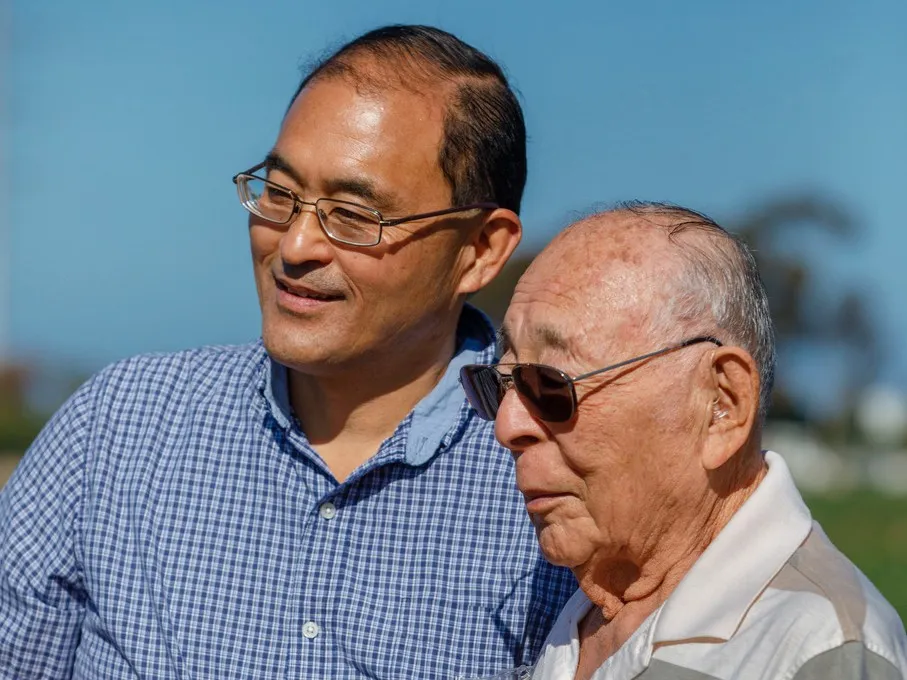By Neil Nagata
Copyright timesofsandiego

I grew up living and breathing strawberries. Farming wasn’t just what my family did; it’s who we are. I still live on the farm, walking the same fields my grandfather planted and the same ones as my father, who just turned 101, tended with care. For three generations in California, our story has been more than harvests; it’s a century of caring for the land, farming responsibly, and meeting each season with resilience.
My grandfather immigrated to the United States from Japan in 1902 in search of opportunity. By 1920, he was farming strawberries in California. The land gave him a chance to build a future, but it was not without hardship.
During World War II, my family was uprooted, stripped of their rights, and sent to internment camps. When they were finally released, they lost everything. Many families never recovered. My father, George, returned with nothing but determination. He picked up where my grandfather had left off, rebuilding the farm from the ground up.
That experience shaped my father’s view of farming. To him, it was never just about yields. It was about stewardship, which meant caring for the land, nurturing the plants, and respecting the workers who made it all possible. Even today, at 101, my parents look out onto the fields every morning with appreciation. Their presence reminds me daily of the grit it took to rebuild after devastation and the discipline needed to keep moving forward.
Our farm has always been a family effort. While the fields kept us busy, my grandmother and mother powered the quiet engine behind it all — folding boxes, prepping packaging, and making sure every berry looked proud to carry our name to market. The work was long and grueling, the kind that stains your fingers and tightens your bonds. Farming wasn’t just business; it was our survival, our identity, our purpose.
For more than 30 years, I have carried that legacy forward. I expanded our fields, embraced new technology, and built on my father’s cautious foundation. At every step, I drew inspiration from his lessons: respect the soil, take care of your people, and never forget that your duty as a farmer is to leave the land better than you found it.
Sustainability in strawberries is a way of life. It means long hours, constant watchfulness, and relentless problem-solving. It involves adopting tools such as drip irrigation, soil renewal, and advanced plant varieties developed by the University of California. But above all, it means producing fruit that is healthy, safe, and delicious for families to enjoy. My favorite way to eat a strawberry remains the simplest: sun-warmed and sweet, straight from the field.
Every season demands sacrifice, and there are no guarantees. Hailstorms, disease, and market swings can wipe out a year’s work overnight. But my father’s example and the sacrifices of those who came before me remind me why we endure. Their story is one of resilience in the face of injustice, of rebuilding when the odds were stacked against them, and of passing on a responsibility greater than themselves.
My family entrusted me with more than land. They gave me a calling: to grow food with integrity, to honor the workers who share in the labor, and to ensure that California strawberry farming remains not just viable, but vital. As long as I can walk these fields, I will uphold that commitment.
Neil Nagata is the president of Nagata Bros. Farms Inc. and a third-generation farmer in Oceanside.



